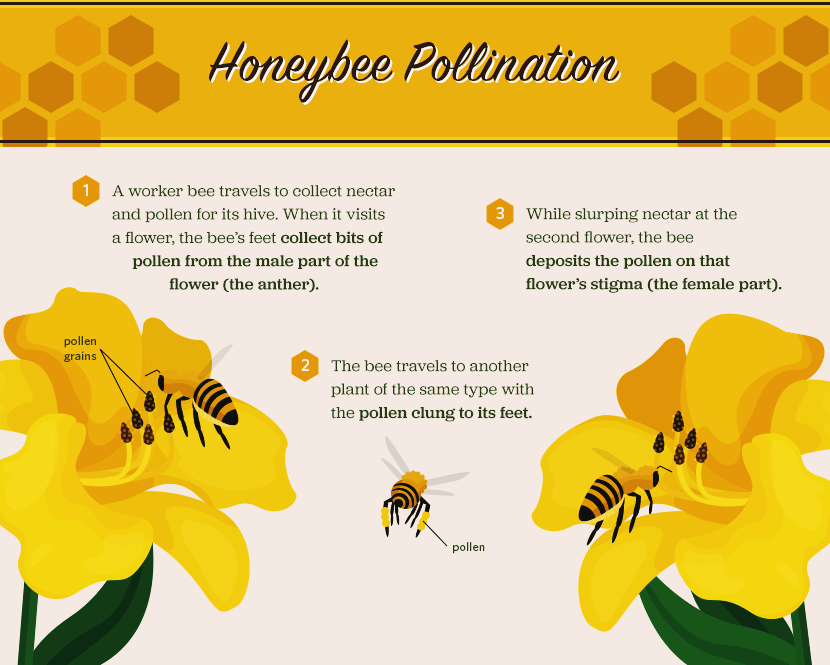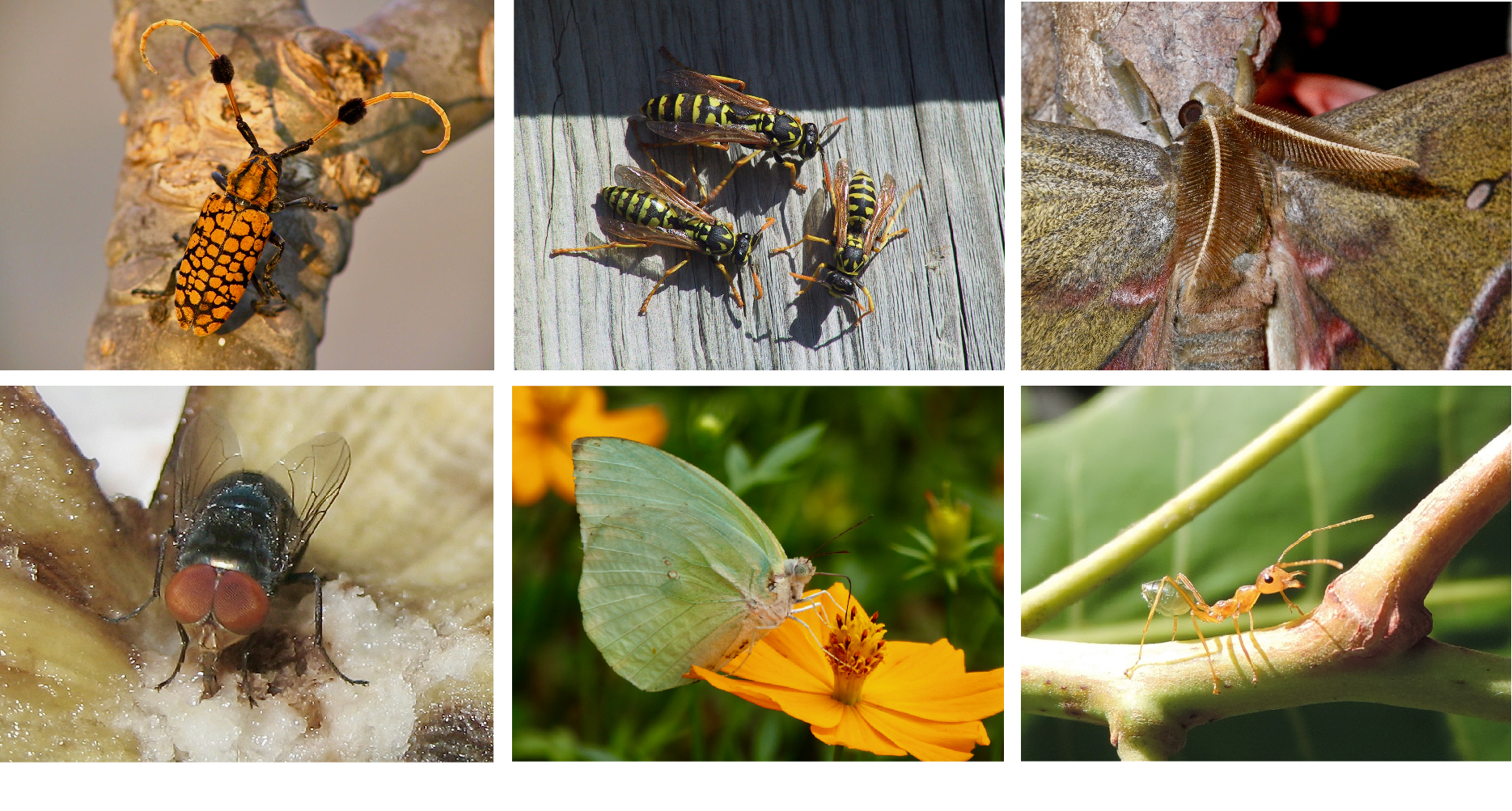facts about pollinating insects
If you are searching about Importance of Insects | To man, Environment & Agriculture you've visit to the right web. We have 10 Images about Importance of Insects | To man, Environment & Agriculture like Pollination | Cool Kid Facts, Pin on Butterfly Biosphere and also Pin on Butterfly Biosphere. Here it is:
Importance Of Insects | To Man, Environment & Agriculture
 www.studyread.com
www.studyread.com
insects importance agriculture environment man feeding entrenched nectar pollen limbs bee honey flower its
Alternative Pollinators Back-up The Bees | CBC Radio
 www.cbc.ca
www.cbc.ca
pollinators pollinating bees alternative flies back cbc hoverflies insect alvesgaspar species sa few cc family just ca
PPT - Pollination PowerPoint Presentation - ID:211208
 www.slideserve.com
www.slideserve.com
pollination pollinated insect flowers presentation bees wind pollen bee lots slideserve
Save The British Bumble Bee: Wildflower Pollination Study
 savethebritishbumblebee.blogspot.com
savethebritishbumblebee.blogspot.com
pollination bee bumble chart importance other pollinating insects british produced versus hydrology ecology centre above shows
Pollination | Cool Kid Facts
 www.coolkidfacts.com
www.coolkidfacts.com
pollination insect pollinators hummel plants pollinate bee bumble facts plant bumblebees flowers kids flower bumblebee birds nature bats nectar hummingbirds
Infographic On Pollinators - Entomology Senior Activities
 www.pinterest.com
www.pinterest.com
pollinators pollinator entomologytoday
More Than Honey: Honeybees And Our Food System - Cornucopia Institute
 www.cornucopia.org
www.cornucopia.org
food honeybees honey system pollination importance cross than bees bee infographic fix population pollen five source
Pin On Butterfly Biosphere
 www.pinterest.com
www.pinterest.com
pollinators pollinator bees pollination insects bats protecting wholefoodsmarket pollen bodies gardening read
Uh-Oh! 40% Of Pollinating Insect Species Are At Risk For Extinction
 www.pinterest.com
www.pinterest.com
pollinating insects insect
ScienceXplosion - The Circle Of Life | Let's Talk Science
 letstalkscience.ca
letstalkscience.ca
pollinating insects circle life moth clockwise permission housefly wasps jeremy beetle mcneil ant butterfly dr left used
Food honeybees honey system pollination importance cross than bees bee infographic fix population pollen five source. Save the british bumble bee: wildflower pollination study. Uh-oh! 40% of pollinating insect species are at risk for extinction. More than honey: honeybees and our food system. Pin on butterfly biosphere. Pollination bee bumble chart importance other pollinating insects british produced versus hydrology ecology centre above shows. Insects importance agriculture environment man feeding entrenched nectar pollen limbs bee honey flower its. Pollinators pollinating bees alternative flies back cbc hoverflies insect alvesgaspar species sa few cc family just ca. Pollinating insects circle life moth clockwise permission housefly wasps jeremy beetle mcneil ant butterfly dr left used. Pollination pollinated insect flowers presentation bees wind pollen bee lots slideserve. Alternative pollinators back-up the bees. Pollinating insects insect. Pollinators pollinator bees pollination insects bats protecting wholefoodsmarket pollen bodies gardening read. Pollination insect pollinators hummel plants pollinate bee bumble facts plant bumblebees flowers kids flower bumblebee birds nature bats nectar hummingbirds. Importance of insects. Pollinators pollinator entomologytoday. Infographic on pollinators
Theories Explained
Phototaxis: Seeking fresh or Seeking Darkness?
One prevailing theory on the order of insect similarity to blithe is phototaxis, the visceral tendency of organisms to disturb towards or away from vivacious stimuli. even if positive phototaxis explains why some insects are drawn to well-ventilated sources, negative phototaxis elucidates the behavior of those that avoid light, seeking refuge in darkness.
Disorientation and Misguided Navigation
Another hypothesis posits that unnatural lights interfere like insects' navigational abilities, leading to disorientation and erratic flight patterns. Insects may become trapped in an endless cycle of circling approximately spacious sources, unable to discern a mannerism out of their radiant trap.
Misinterpretation of open Signals
Intriguingly, distinct species of insects may mistake exaggerated lights for natural cues, such as the moon or stars. This misinterpretation can have dire consequences, as insects may expend essential energy resources attempting to reach an unattainable destination.
Practical Implications
Ecological Consequences
The kinship of insects to exaggerated lights can have rarefied ecological implications, impacting predator-prey dynamics, pollination patterns, and nocturnal ecosystems. Disruptions in these delicate balances may cascade throughout entire ecosystems, potentially leading to unforeseen repercussion for biodiversity and ecosystem stability.
Pest organization Challenges
For homeowners, businesses, and agricultural enterprises, insect similarity to fresh presents a significant challenge in pest government efforts. leaky gain access to points, such as windows and doors, have the funds for insects past simple entry to indoor environments, where unnatural lights beckon them into unsuspecting spaces.
Conclusion
In summary, the phenomenon of insects creature drawn to roomy is a multifaceted and intriguing aspect of entomology. even though numerous theories try to accustom this behavior, the underlying mechanisms remain topic to ongoing research and debate. By attainment a deeper covenant of why insects are attracted to light, we can greater than before mitigate the potential repercussion and leverage this knowledge to inform pest management strategies and conservation efforts.